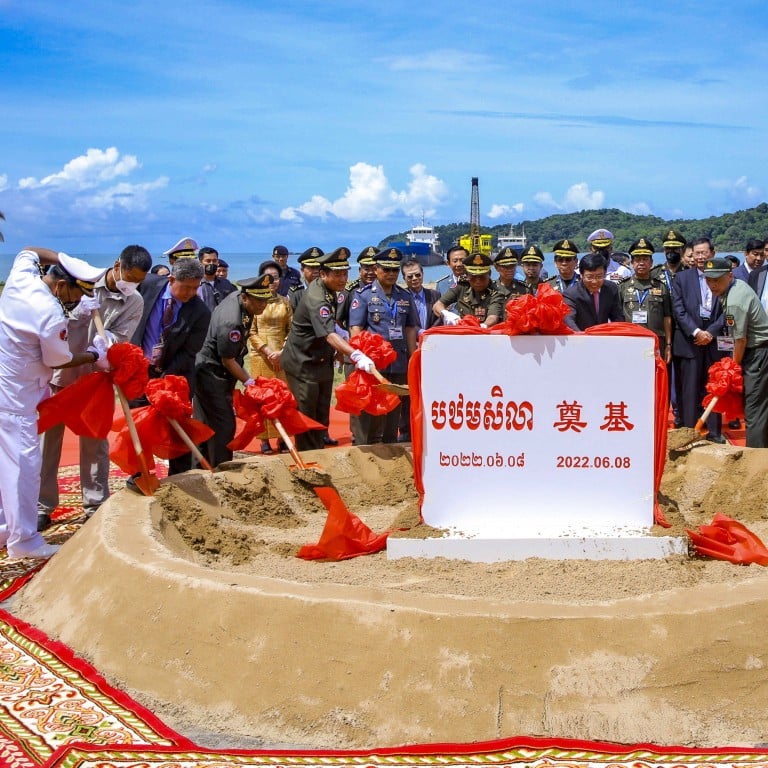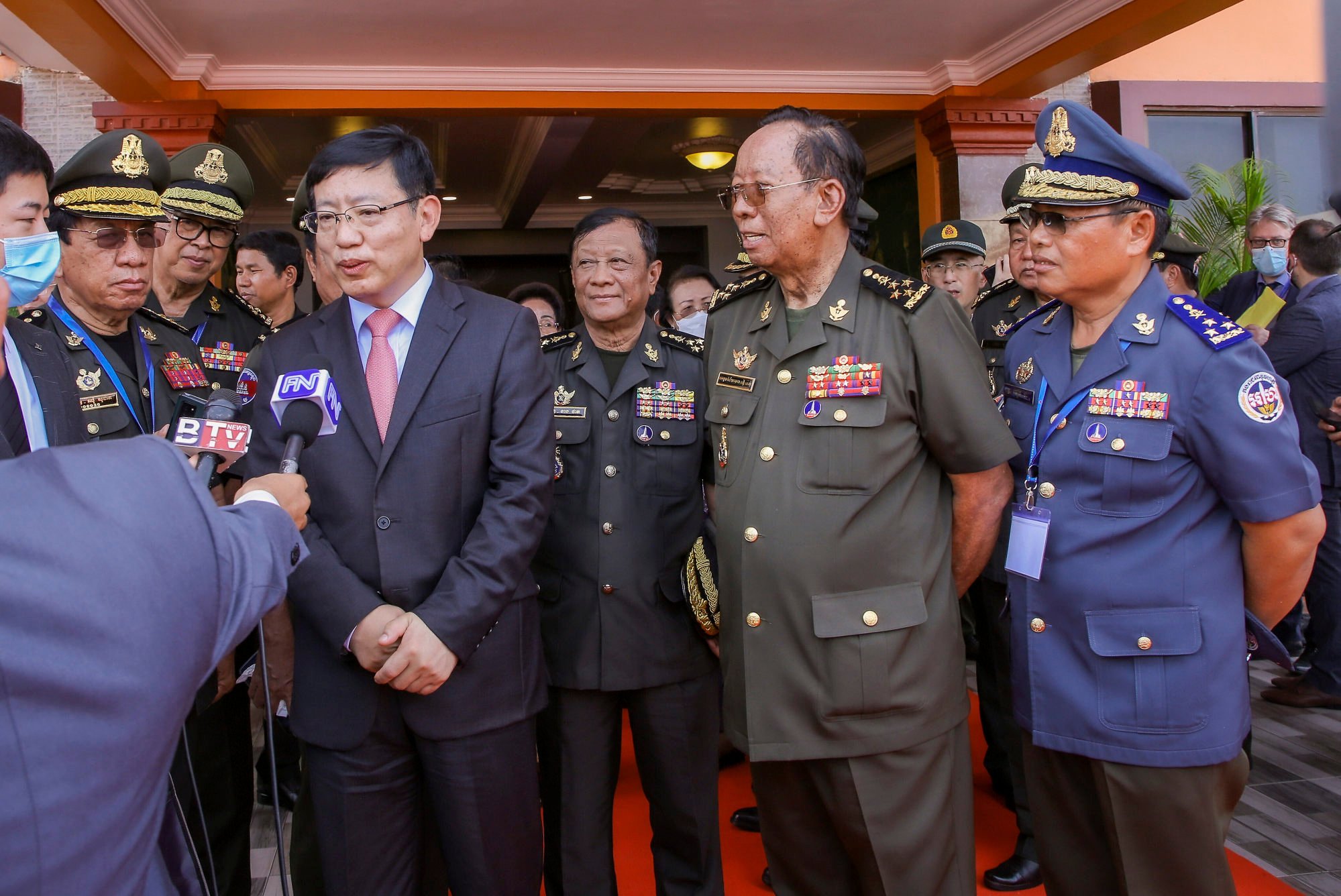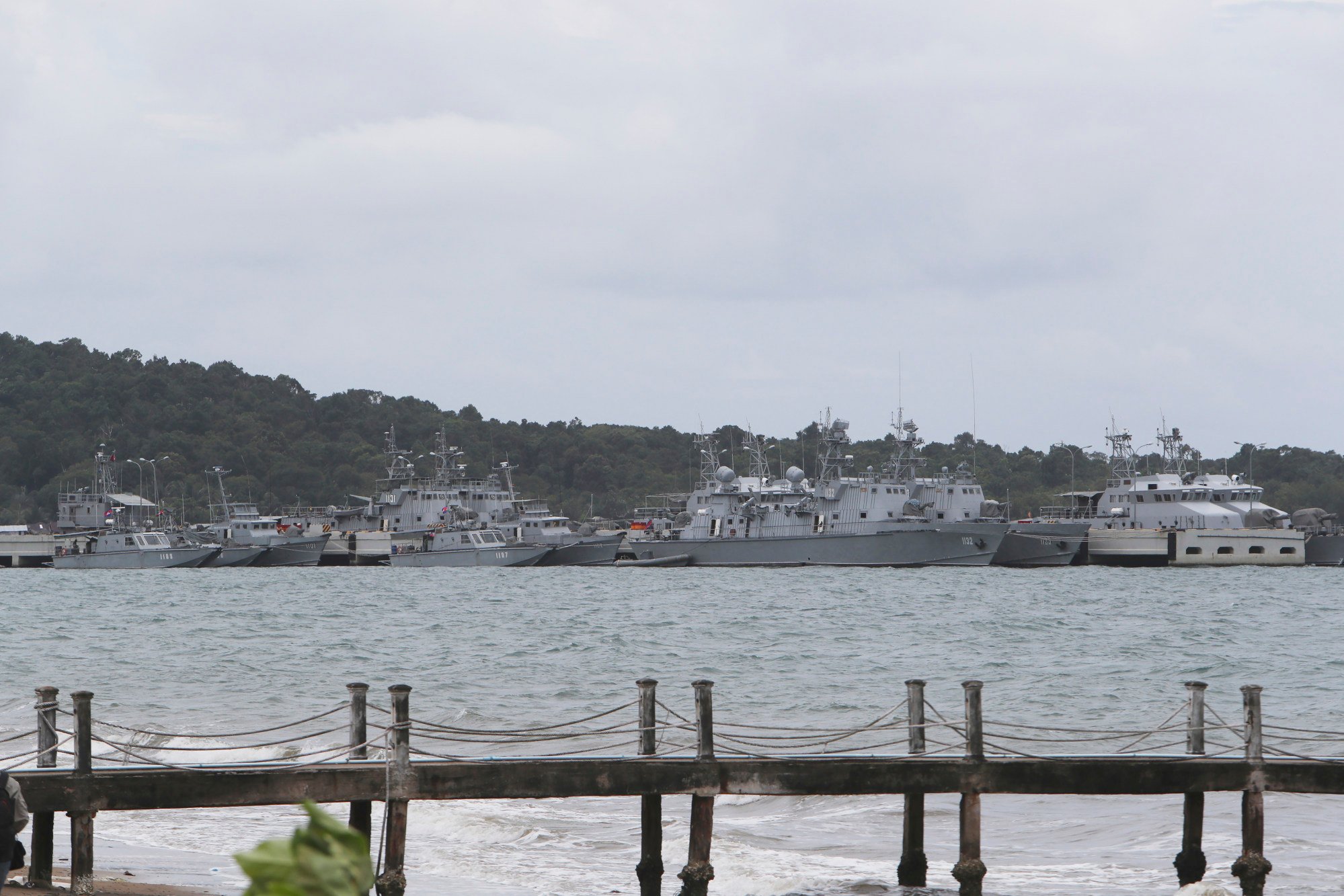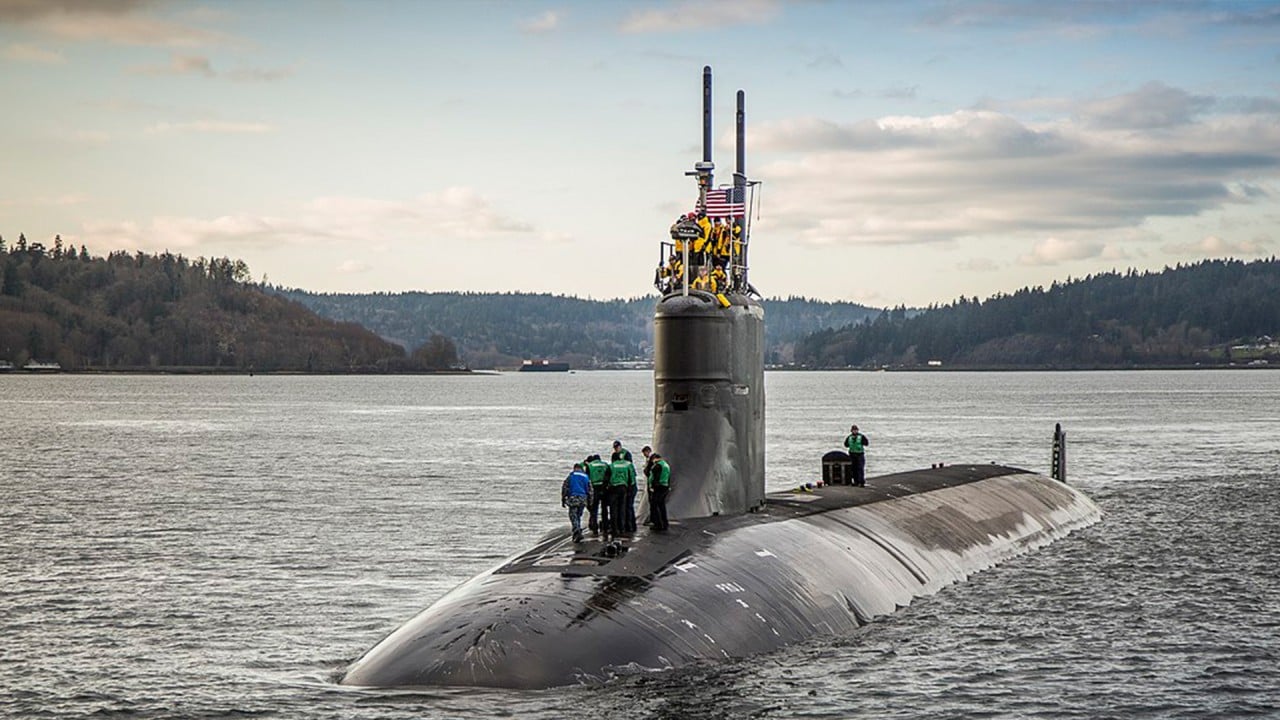
Chinese help for Cambodian naval base does not mean PLA troops on the ground, say analysts
- Ream naval base too small and lacking in military significance, Chinese observers point out
- Cambodia’s security concerns and naval ambitions are of primary importance to Beijing, they explain
This came as Chinese ambassador Wang Wentian asserted that the Ream naval base project was not targeted at any third party, while underlining Beijing’s firm opposition to moves by some countries to smear its normal exchanges with Phnom Penh.
The project is a symbol of mutual respect and equal communication between China and Cambodia, Wang said at the groundbreaking ceremony for the base on Wednesday.
China hails ‘ironclad’ Cambodia ties as work begins on Ream naval base
The upgraded base will help to modernise Cambodia’s naval capacity and boost its military defence abilities as a whole, Wang said, according to a readout from the Embassy of China in Phnom Penh.
He also pledged continued support from the Chinese defence forces to promote bilateral military cooperation in what he has called an “ironclad partnership”.
“Some countries continue to hype and smear the normal exchanges and cooperation between China and Cambodia … grossly interfering in Cambodia’s internal affairs. China is firmly opposed to it,” the ambassador said.
Cambodian defence minister Tea Banh, attending the groundbreaking ceremony, said there were no foreign military bases in the kingdom, contrary to reports in Western media.

Two days before, The Washington Post had cited unnamed Western officials to report that China was “secretly building a naval facility in Cambodia for the exclusive use of its military”.
“What we are calling for, what the region is calling for, is more transparency, around [China’s] activities and that lack of transparency has been cause for concern and cause for suspicion among countries around the region,” the official told Reuters on condition of anonymity.
Access to a facility capable of hosting large naval vessels to the west of the South China Sea would be an important element of China’s ambition to expand its influence in the region and strengthen its presence near key Southeast Asian sea lanes, The Washington Post quoted officials and analysts as saying.
The new prime minister of Australia, Anthony Albanese, has also voiced worries about Chinese presence on the Ream base, describing Cambodia’s reported arrangement with China as “concerning”.
Zhou Chenming, a researcher at the Yuan Wang military science and technology think tank in Beijing, said cooperation on the project stemmed from Cambodia’s need to tackle piracy and improve naval capabilities, and had nothing to do with any Chinese intention to have a military presence in the area.
“Cambodia also hopes to get Chinese patrol boats and light frigates,” and hence upgrading of the facility must come first, to enable the docking of such vessels, Zhou noted.
“So we are helping to build the pier, it’s a very easy project for China.”

Beijing is more interested in the commercial benefit of overseas ports rather than military expansion, according to Zhou.
The existing mechanism between China and its southeastern neighbours to carry out joint patrols along the Mekong River is enough to solve the security problems in the region, and it is not a good idea for China to station warships in Cambodia, he said.
“It is not necessary for China to deploy warships there for the South China Sea. The port is too small for large warships and the small ones won’t sail in the [high seas],” Zhou explained.
Xu Liping, an expert on Southeast Asia with the Chinese Academy of Social Sciences, said Chinese assistance and actual Chinese military presence were two different things.
“The construction [of the base] is in recognition of Cambodia’s security considerations,” he said.
Solomon Islands says it won’t allow Chinese military base amid backlash
Xu also said China is unlikely to have a regular military presence at the Ream base, as the port is too small and lacks military significance.
“China is also a neighbouring country in the South China Sea. We can mobilise a lot of resources [on our own], it is unnecessary [to have a military presence at the Ream naval base],” Xu said.
Dai Fan, associate professor at Jinan University’s Institute of Southeast Asian Studies, said the improved base will benefit Beijing in that it will help Cambodia enhance its capabilities to tackle piracy, thus boosting coordination with the Chinese in maintaining regional peace.
Additional reporting by Reuters


